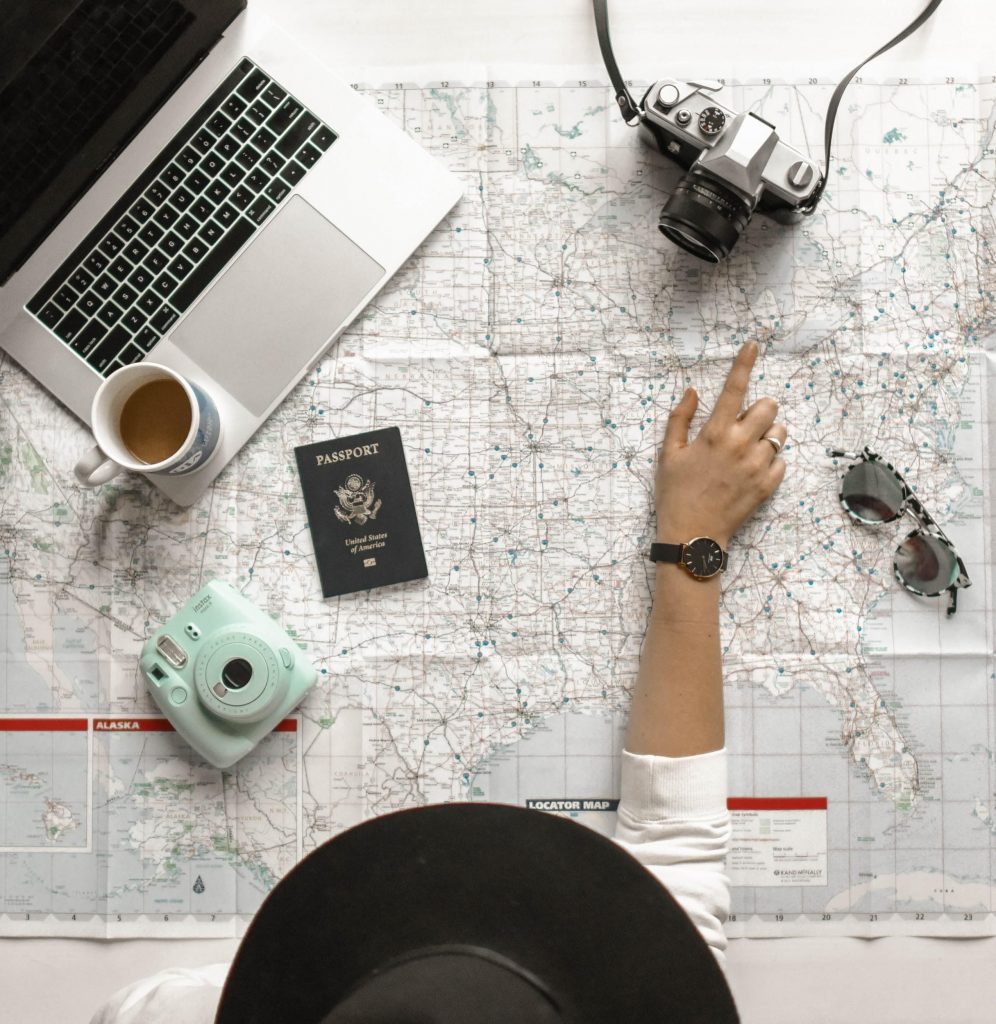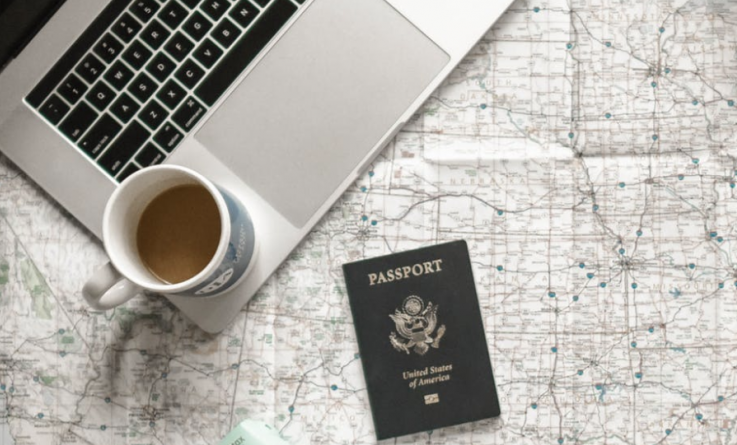Imagine this – you have been writing for years. From the desk in your office. You look at the same plants, the same books, and the same view from your window for years. You write about a lot of things, it is your job, and you love it.
And your area of expertise means that you can work from anywhere, you are wanted, you have steady work, but you’re not challenged. You want to branch out.
So it might just be time to take your skills on the road and position yourself as a travel writer.
Easier said than done? Maybe, but here are some tips that can help you get started.
Travel
Shock! Yes, in order to be a travel writer, you need to travel. You need to go to multiple locations and check them out. But not check them out on a base level – it needs to be more profound than that. You need to know the culture, the best food, the hidden gems – the temperament of the people. Which is tough if you are only in one place for a few short days.
Think ‘base’. Consider that you might just need to create or buy a base in some continents, that allow you to travel around but always have a ‘home’ to come back to. An excellent way to decide on your first location is to check out things like new property launch or housing developments. This will give you time to check them out in advance, time to wrap up at home and get ready for the big adventure.
Write
You already write, so this won’t be any different for you. And of course, you need to keep the clients you have because they pay the bills (or the airfare soon). But you need to make space in your life to write about travel and culture now. Set up a space online, buy the hosting and the domain, and begin working on the foundations of your travel writing space. This is also the time to check out different travel magazines and pitch that you’ll be in X location for a while and would love to cover Y story.
Things To Consider
While you might be incredibly well versed in writing about films, food or investments – food may not be your forte just yet. Consider a travel writing course, you might be able to find a great one online that will give you the tools you need to get started. You might want to invest in some gear too. Below we touch on photography, but there are some other things that can make this much easier for you. A dictaphone is probably going to be a must – because a notebook and pencil aren’t always around and transcribing, later on, is pretty great because you can hear the atmosphere and the tone of your voice. A great backpack – light with plenty of pockets. The book that almost all travel writers recommend is Lonely Planet’s Guide to Travel Writing. But if you want some super inspiration check out anything by Anthony Bourdain.
Gramatikally Currect & No Speeling Mistakes
This is going to be essential for your whole career. As we’ve said before you have been writing for a while, so you know the drill. Research, draft, writer, edit, remove, proof and check again. But you want this to be bigger, to be more. So you need to find a style and tone that is so ‘you’ that people fall in love with your writing and could pick out your piece without the by-line. Quality matters, grammar matters, spelling matters… so do your best to get it right.

Photo by Element5 Digital on Unsplash
Photographs
Along with your words, you are going to need to produce beautiful photographs. They will need to tell as much, if not more, of a story. Exceptional photography will get attention and then keep it. The photo can be enough for people to read the whole article. In some cases, travel photography can be as lucrative (if not more) than the writing itself.
If you want to pitch to travel editors then you are going to need a number of photos for every piece that you submit – because they need the images to match the article – and what better to use than the ones that the writer took? Of course, you are going to need to spend some time working on it, and a decent camera – and the right lens, but that comes with time.
Niche
While travel writing is pretty broad, it is worth considering a niche within that. This might be a particular city, or continent, food travel or maybe even budget travel. Think about what you want to achieve with your writing, who you want to inspire, and that will give you all of the key indicators of the niche you should go for. Over time you will position yourself as an expert and be able to pitch that way too.
Industry
It is very important that the information you give is as accurate as possible. The travel industry changes quickly, companies opening and closing – and the protection people get when it happens. You also need to be aware of the information that is being given out by tourist boards in terms of any laws or rules that people need to be aware of before they arrive. It might mean that you have to spend hours reading press releases and updates – but the information you give will have that deep knowledge that will set you firmly in the expert remit.
When it comes to travel writing, you will need to refine and define your style. Know what you want to deliver in terms of content. Have a space to do so when the magazines or bigger travel sites don’t pick up your pitches and consider having more than one base. And remember when you pitch, if you have a series in mind – have more than one piece ready to go – editors move quickly when they find something they like and want to run.











